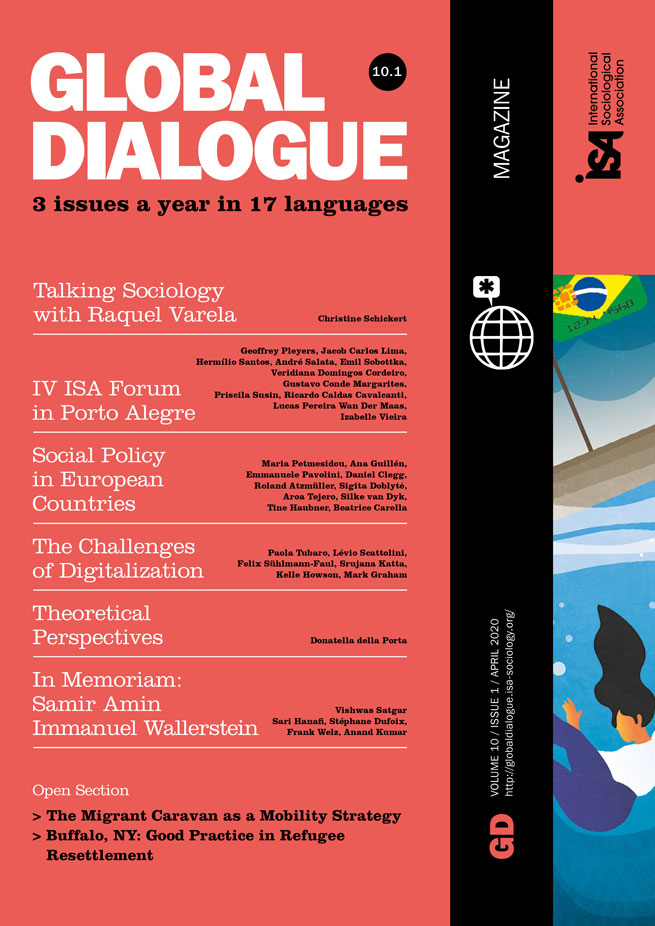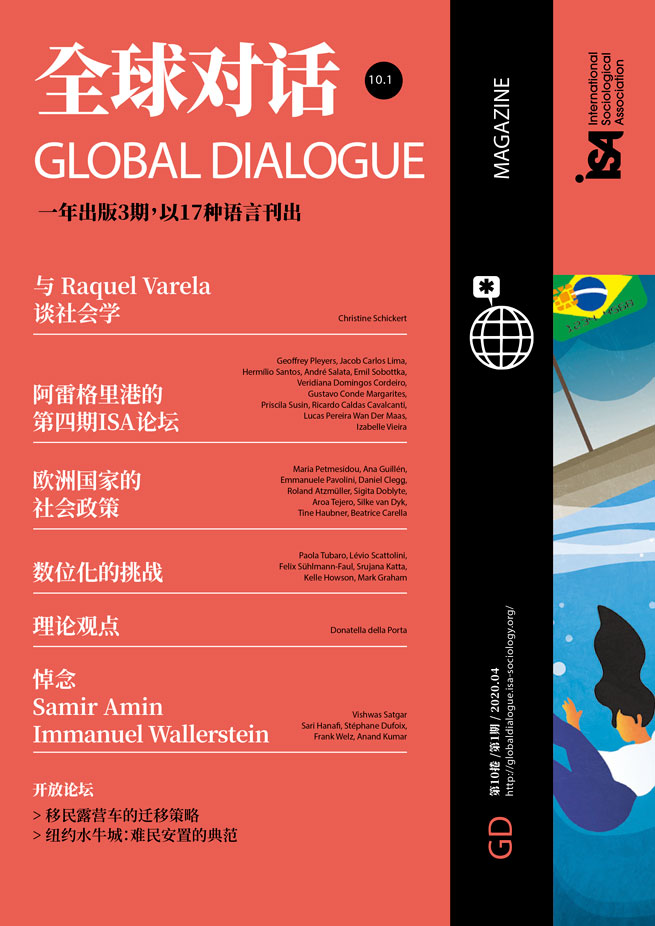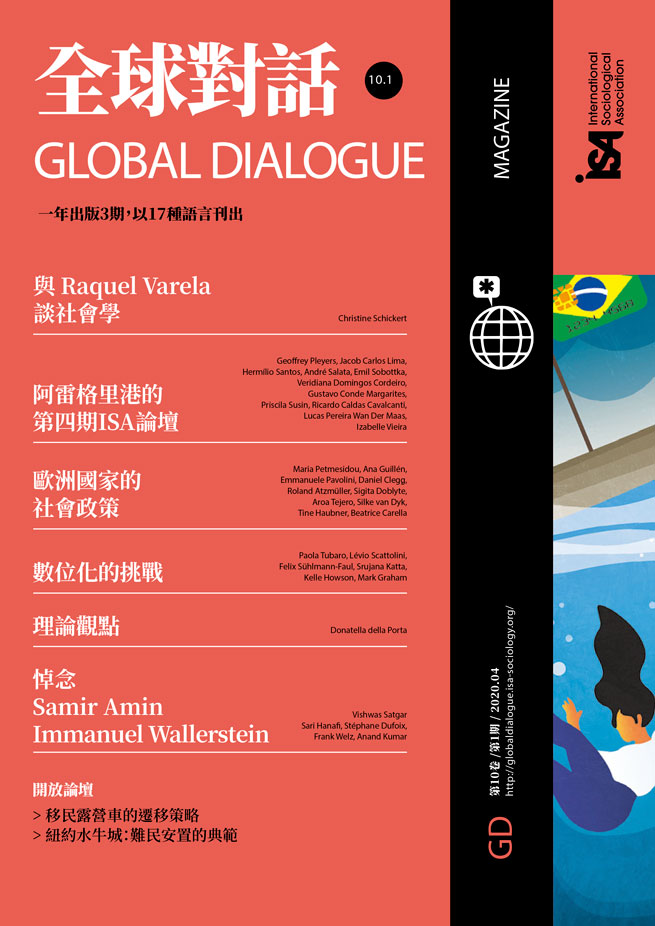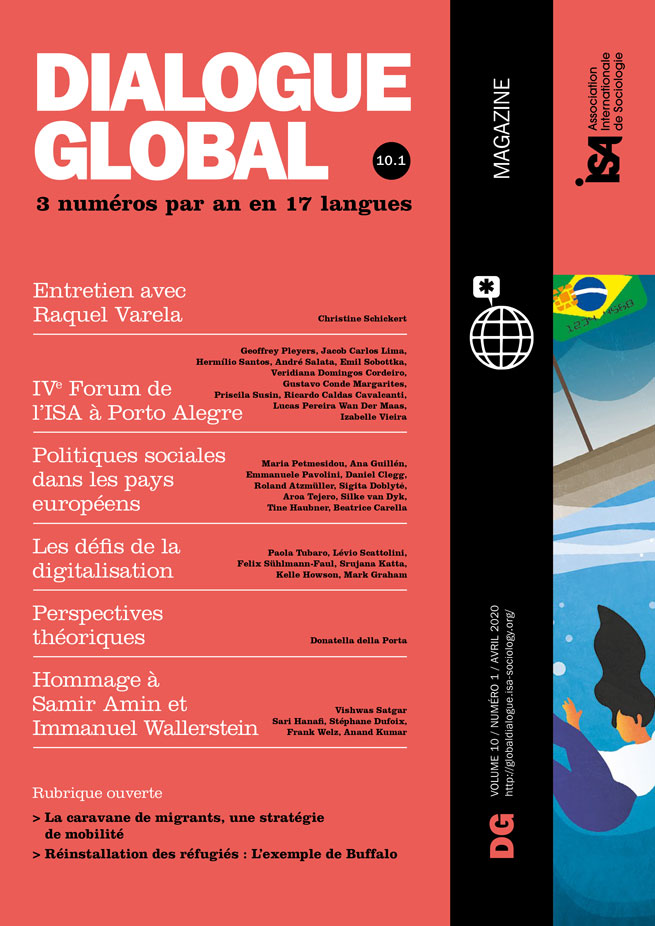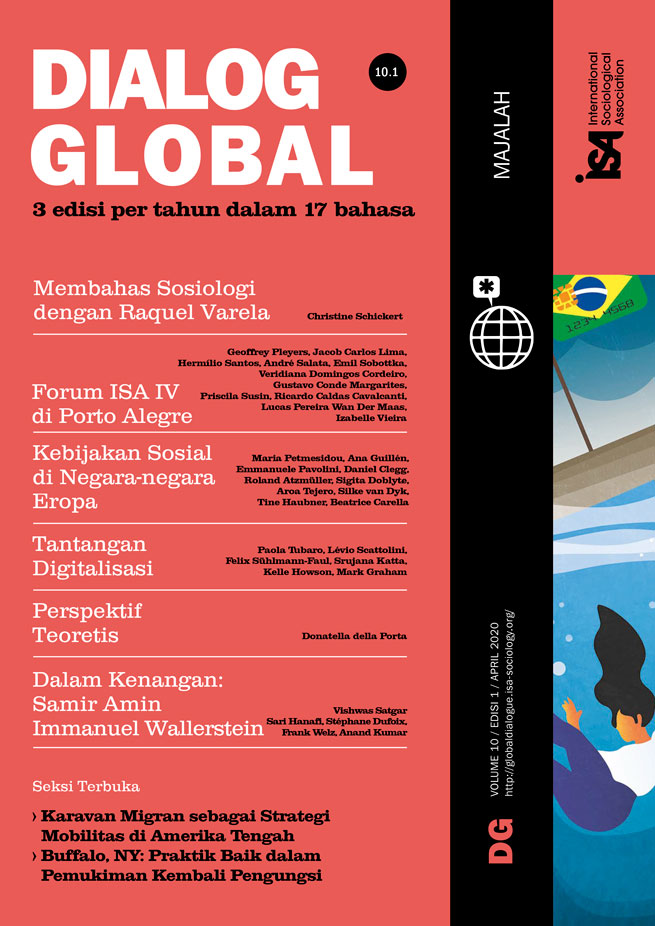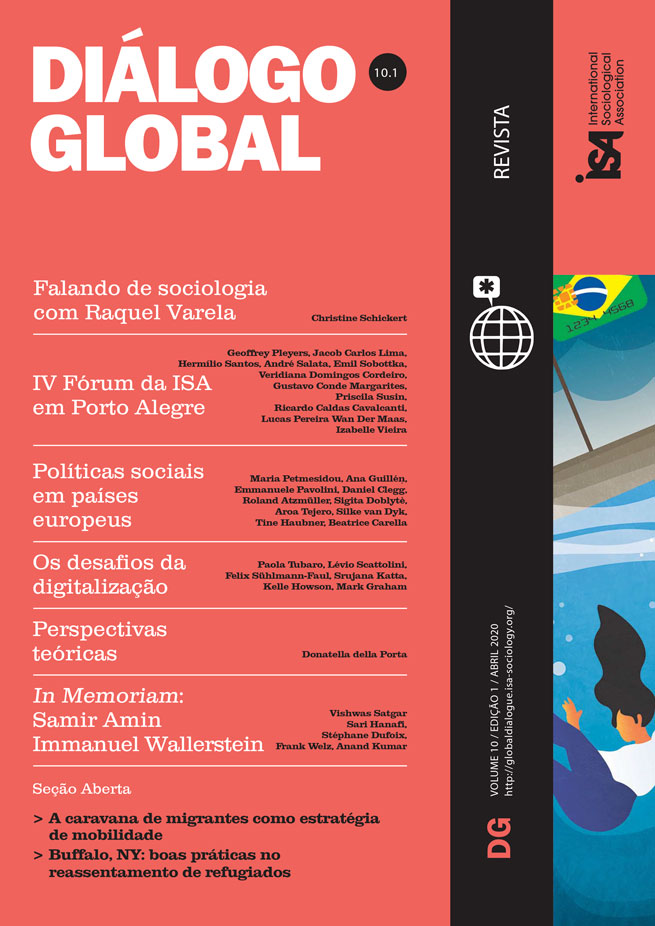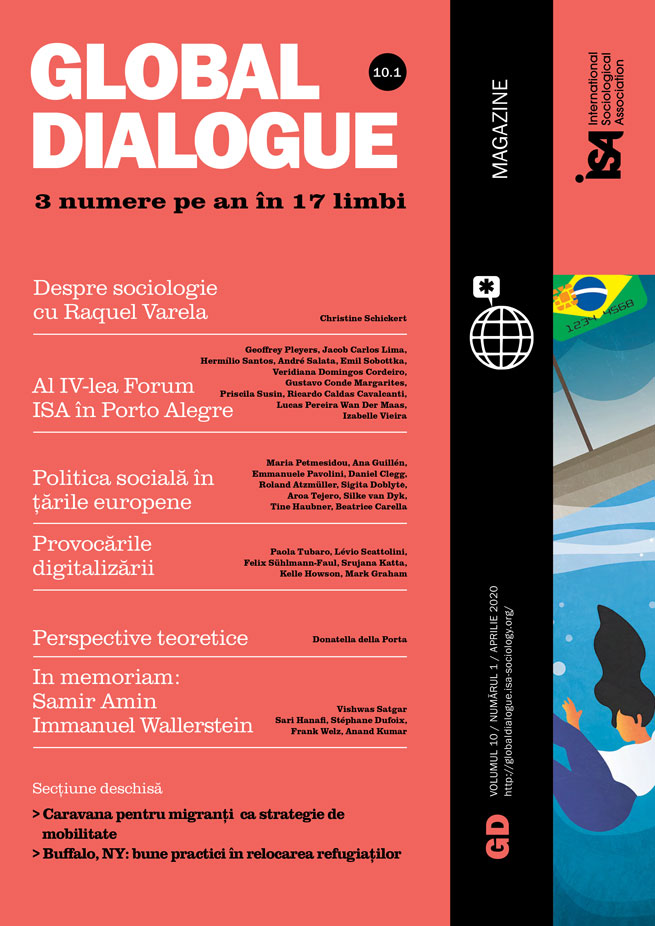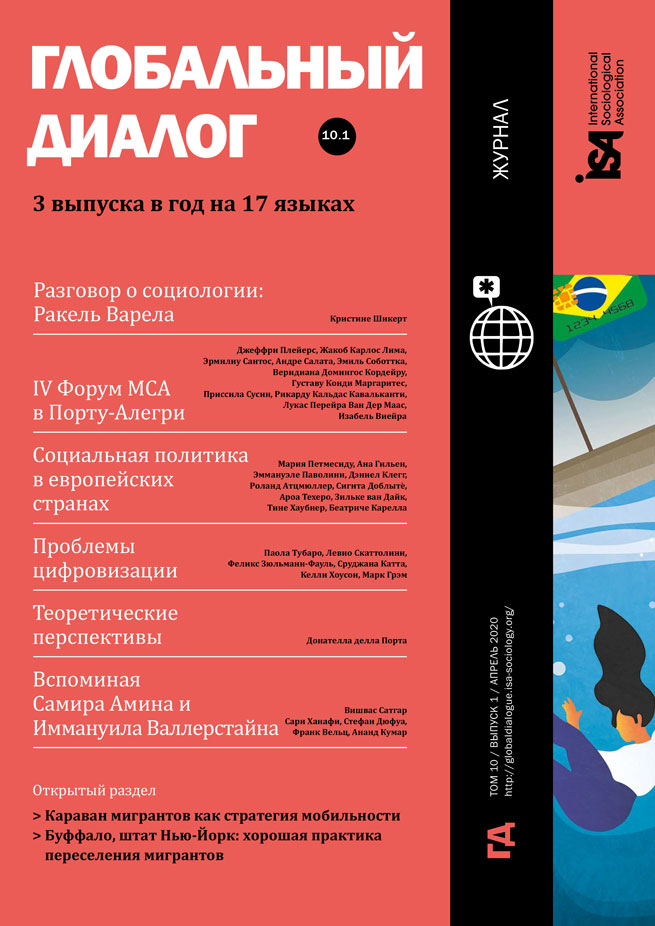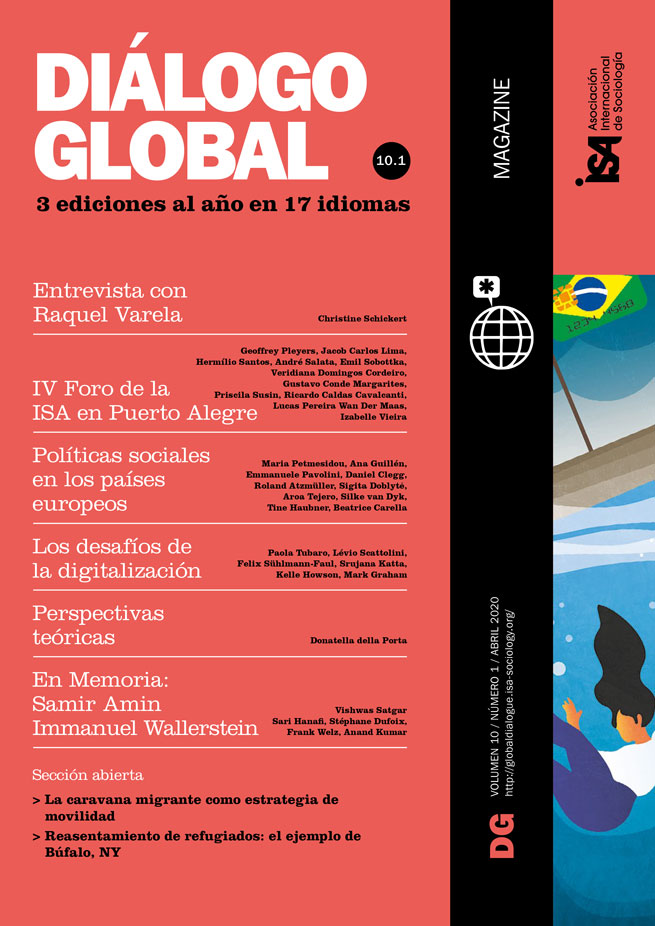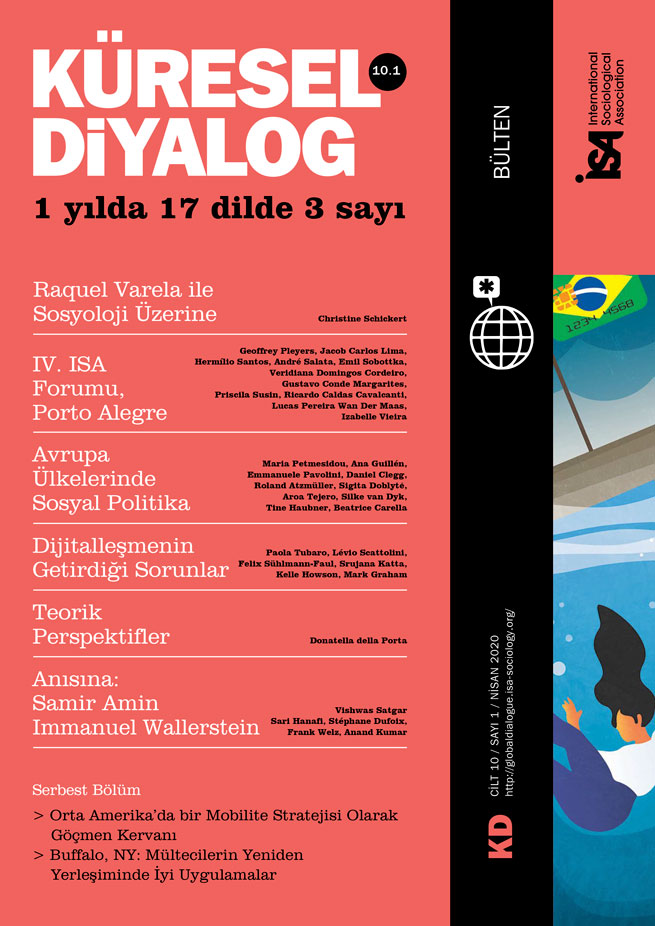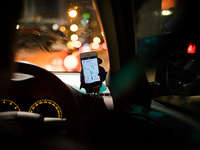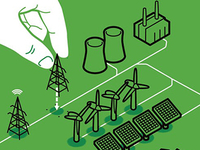Whose Intelligence is Artificial Intelligence?

February 21, 2020
The extraordinary successes of present-day artificial intelligence (AI) rest on the “micro-work” of a multitude of real men and women. They tag objects in images, transcribe commercial receipts, translate bits of text, and record their voice while reading aloud short sentences. Simple and repetitive, these tasks generally require low qualifications and are paid as little as a few cents. Workers, who are not formally employees but sub-contractors paid by piecework, execute them remotely from their smartphone or laptop, through specialized websites.
How does this shadow army of workers support AI? Take the example of vocal assistants powered by AI technology, like Alexa or Siri. Before they can recognize users’ requests, vocal assistants must be exposed to many examples of human speech, such as people asking about the weather. The machine will thus “learn” that they all mean the same despite differences in vocal timbres and intonations, regional accents, or presence of background noises, and it will later be able to recognize similar requests by new users. Micro-workers are therefore needed to produce these examples, recording their voice while asking about the weather. AI producers also rely on micro-workers to test their “smart” assistants and check that they function as planned.
It was Amazon that popularized micro-work in the early 2000s with its “Mechanical Turk.” Initially an internal service through which its employees contributed to cleaning up product listings, Amazon opened it to outside clients who could post HITs (Human Intelligence Tasks) for outside micro-workers to execute. Amazon aptly called its device “artificial artificial intelligence” to stress that it is best to outsource to humans when they can carry out tasks more efficiently than computers. Today, many more websites and applications have followed Amazon’s example and proposed variants: for example the Australian Appen, the German Clickworker, the American Lionbridge and Microworkers, to name but a few.
Where are the micro-workers who make this happen? Because some tasks can be done online and do not require physical presence in any given place (for example, identifying tomatoes in pictures of salads), some workers live in countries where labor costs are low. In this sense, the geographies of micro-work revive well-known patterns of outsourcing. However, other tasks require local knowledge or skills, and cannot be done offshore. For example, recording sentences for a vocal assistant requires workers who speak the language, with the accents and dialects, of the country where the assistant is sold. Indeed, most of Mechanical Turk’s workers are US-based. With a team of colleagues, we set up a study called “Digital Platform Labor” (DiPLab) last year in France, another highly-industrialized country, and found many micro-workers.
Who are the people who micro-work in a country like France? Not just students or millennials, our survey reveals. Over 60% of French micro-workers are between 25 and 44 years old, and have a primary job in addition to online tasks. They work (for example) in the health, education, and public services sectors, and use micro-work as an extra source of income. Ironically for tasks that require limited qualifications, micro-workers are better educated than the general population: in France, over 40% have at least an undergraduate university degree. Slightly more than half of all French micro-workers are women, often with family. More likely to work part-time than men, more frequently depending on their spouse for income, and devoting more time to household chores, they use all their breaks between work and home activities to do online micro-tasks. Additional earnings from micro-work are welcome, but the cost is the extra burden in addition to formal employment and care work – leaving them with little time for leisure.
Micro-work reveals a broad, albeit hidden, problem of economic insecurity. Over 20% of French micro-workers live below the poverty threshold, computed as half the median income of the country, while less than 10% of the general population is in this situation. Against this background, online micro-tasks are an attempt to cope: our survey respondents overwhelmingly said that one of the reasons why they micro-work is need of money. However, the average monthly income from micro-work in France (all platforms combined) is very asymmetrically distributed. The large number of “occasional” micro-workers who connect sporadically lowers the average to about 21 euros per month, while some “very active” people manage to earn up to 1,500-2,000 euros per month by micro-working full-time (or almost so).
If micro-work has the potential to at least partly support people who have fewer alternatives in standard job markets or who need flexible working arrangements (for example owing to care duties as hinted above), it also entails specific risks. Micro-work provides no form of social protection, healthcare, or retirement benefits. There is currently no way of leveraging the micro-working experience as part of a professional career: for example, the reputation earned on one website does not transfer to another. Psychologically, micro-work can be distressing. When, as often happens, micro-workers do not know the clients and/or the purposes of the tasks they perform, their activity loses meaning. For example one of our respondents, unaware of her contribution to AI, wondered “why on earth am I asked to draw circles around tomatoes in pictures?” Further, when tasks are rejected by a client (and are therefore not paid), micro-workers have no means to appeal the decision or at least to know why it was made. What’s more, they operate in isolation from one another. They micro-work from home and have no such thing as the office coffee area; nor do micro-working websites make available digital spaces for them to meet, at least online. The initiative of activists or trade unions is often necessary to create such infrastructures.
Because micro-tasks serve the development of cutting-edge AI industries, and because these tasks are mainly done by people in situations of vulnerability, it is important to start thinking seriously about possible solutions. Micro-working websites and apps can do their part, by improving their transparency and by offering networking and support services. Policy-makers and unions have a lot more to do to devise new forms of protection for atypical workers.
Paola Tubaro, Centre national de la recherche scientifique (CNRS), Université Paris-Saclay, France <paola.tubaro@lri.fr>


